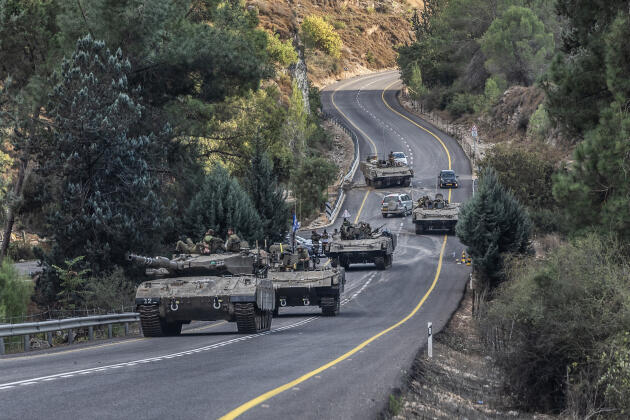The City of Falluja A Myth of Heroism in the Iraqi Insurgency
After the clashes between the American forces and the rebels in Falluja in April 2004, there has been a feeling of victory and euphoria among the rebels in the city. Many stories of heroism—some of them fictional—surround this battle and the struggle of the rebels in Falluja. These stories receive much attention on websites identified with Islamic elements, and are spread by word of mouth in the numerous mosques of Falluja, named “the city of mosques,” for her many places of worship.
Among the stories passed on by word of mouth are tales of miracles (krama) according to which Allah aids the fighters and guides them in their war against the infidels. One story tells of a man who saw a large bird glowing above electric wires, calling out loud: “Allah huAkbar”[1]
These stories instill in the rebels a feeling of spiritual and moral elevation, and the belief that no army can defeat them. Even the American bombings of rebel strongholds in the city are, according to them, unsuccessful in undermining their euphoric feelings. And so, the city of Falluja becomes a myth of bravery and a symbol—not only among the Iraqi people but also among the wider Arab and Muslim world—for the war against the infidels.[2] Naturally, the United States, with her advanced military might, has come to epitomize the infidel. Among the rebels, and large sects of the Sunni group, there is a notion that “In Falluja exists an organized, smart, and brave resistance, and that the U.S military is unable to defeat Falluja since everything in it opposes the Americans, even her trees and land.”[3]
The story of Falluja in April 2004 is embellished by Sheikh Abu Anas al-Shami, a close associate of Musab Al-Zarkawi in Falluja. According to him, the rebels nearly lost the battle for Falluja, as they were feeling hopeless and close to surrender as a result of the siege and the numerous casualties. However, following consultations among the rebel leaders, Musab Al-Zarkawi determined that the fighting should continue—a gamble which according to Sheik Al-Shami proved to be correct, as the battle for Falluja ended with no conclusion and created the impression that the rebels triumphed over their opponents.
A message published by Zarkawi’s organization “on the death of the Sheikh Abu Anas Al-Shami and Abu Mahmad (from the Ansar al-Sunna organization) at Al-Ariv” included the words, “… the candles of the way of Jihad will be lit only by the blood of her pure sons”. Thus the common fighters and elite commanders sacrifice their lives for the Jihad. The organization even hinted that the death of the two was the result of treason and that the organization is aware of the existence of collaborators within its ranks (jawasis), who will be put to death if caught. Notably, the death of the two dealt a severe blow to morale among the rebels.[4]
The insurgents currently in control of Falluja recieve wide support from the majority of the city’s residents, especially from the clerics, who call on the people to support the fight against atheist crusaders, Jews, and even Shiite Muslims.
Expressions of support for the Fullujah rebels are also heard in the Sunni camps all over Iraq. For example:
Al-Arav newspaper, the organ of the “national stream” in Iraq, published an open letter to the United States ambassador in Iraq, in which he pointed out that “the attack on Falluja is crossing a red line.” The religious intellects (Sunni) council in Iraq has threatened to boycott the elections if the city of Falluja is attacked.[5]
In the meantime, the interim prime minister of Iraq announced that yet more fundamentalists have successfully infiltrated into the city, and that they operate against the interests of the city’s residents and against the interests of Iraq.[6]
The rebels in Falluja have rebuffed all attempts at talks and oppose efforts to bring the different camps in Iraq closer to one another. They have no interest in bringing the coalition forces closer to the Sunni camp, a move that is perceived as necessary to achieve quiet and stability in Iraq ahead of the upcoming elections in January 2005.
However, some of the Sunni groups are coming to recognize the dangers posed if foreign fundamentalists—such as Musaab al-Zarkawi—are allowed to decide the fate of the country, and to destroy any possibility for stability and an end to the bloodshed in Iraq. [7]
Notes:
1. https://www.montada.com/showthread.php?t=313748
2. https://www.montada.com/showthread.php?t=315280
3. https://www.montada.com/showthread.php?t=315127
4. https://69.93.139.242/~openfor/vb/showthread.php?t=12557
5. Al-Quds al-Arabi, London, 22 October 2004.
6. Al-Sharq al-Awsat, London 27 October 2004
7. Al-Quds al-Arabi, London, 22 October 2004.






